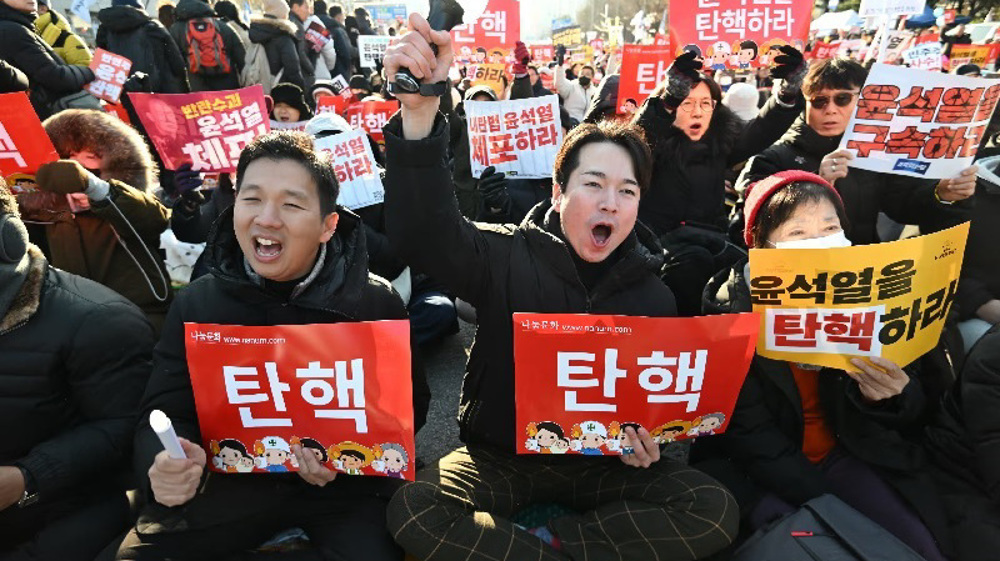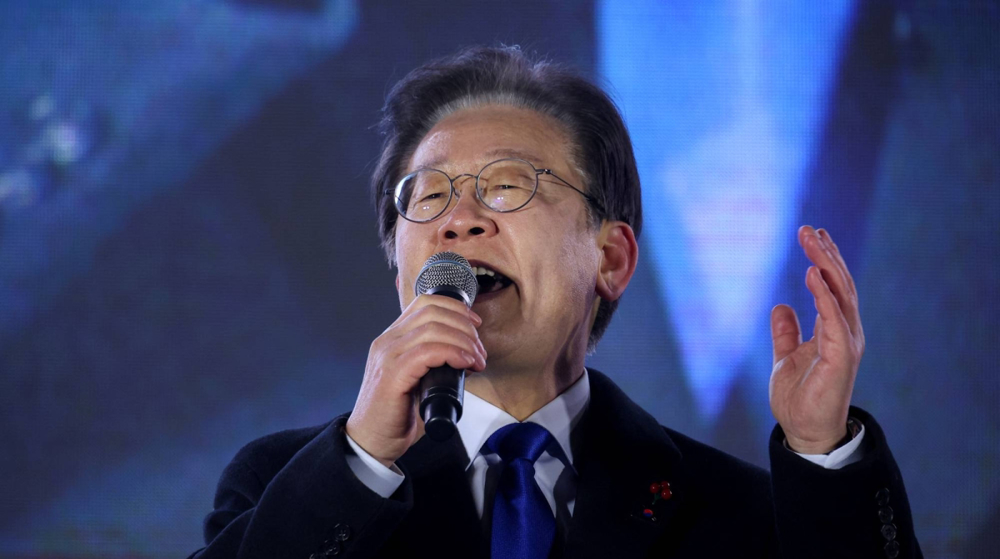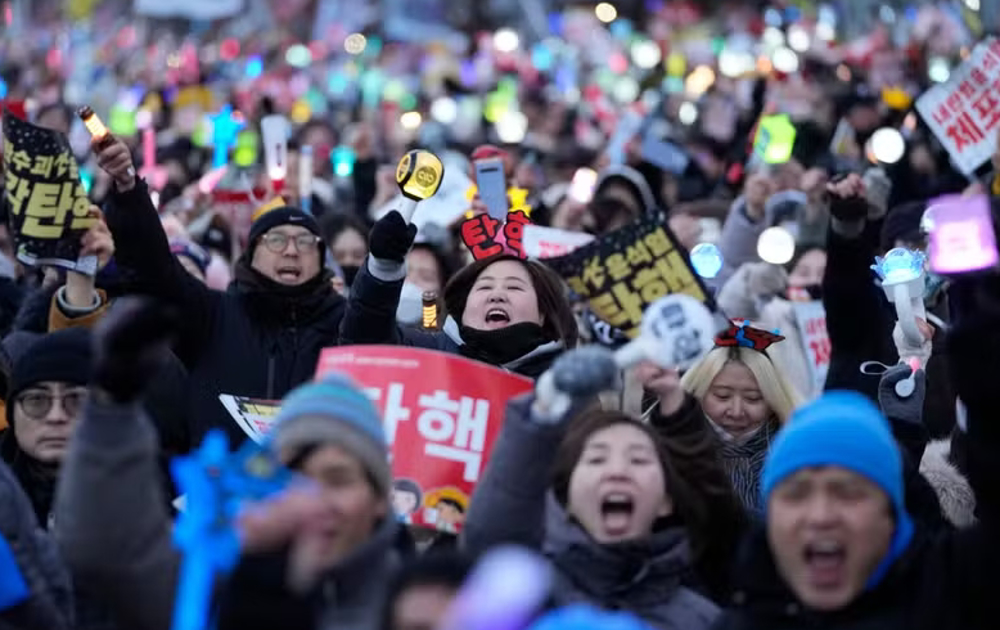North, South Korea hold high-level bilateral talks
Officials from North and South Korea have opened high-level talks in a bid to mend relations soured by cross-border military tensions earlier this year.
The vice-ministerial negotiations began on Friday in the Kaesong joint industrial zone on the North Korean side of the border as part of efforts to implement an inter-Korean deal struck on August 26 to defuse tensions on the Korean Peninsula.
Though the agenda for the talks has not been disclosed, the two neighboring arch-foes are believed to have discussed regular reunions for the families separated by the 1950-53 Korean War, and the resumption of tours to North’s picturesque Mount Kumgang resort, which Seoul suspended in 2008 after a North Korean guard shot and killed a female tourist.
“There are a lot of issues to discuss between the South and North. We will do our best to resolve them one at a time, step by step,” Hwang Boo-Gi, South Korea’s vice minister of unification and the head negotiator for the talks, told reporters before leaving for Kaesong.

Cheong Seong-Chang, an analyst at the Sejong Institute think tank in the South Korean capital city of Seoul, said, “The outcome this time could have a significant impact on the path the overall inter-Korea relationship takes next year.”
The Korean Peninsula has been locked in a cycle of military rhetoric since the Korean War. No peace deal has been signed since then, meaning that Pyongyang and Seoul remain technically at war. Tensions between the two countries remain high.
North Korea is critical of the annual military drills between South Korea and the United States, calling them rehearsals for war. Every year, South Korean and US soldiers perform massive military exercises right across the border from North Korea.

Pyongyang has also been angered by the opening of a UN office in Seoul last June to monitor the North’s human rights record.
Seoul, for its part, blames the North for the tensions, citing a series of North Korean ballistic missile tests as well as what it calls nuclear threats.
Millions of people were separated during the 1950-53 Korean War, which divided the two Koreas. Many people died without having a chance to see or hear from their families on the other side of the border.
About 71,000 South Koreans, more than half of them elderly people aged over 80, are reportedly on Seoul’s waiting list for an eventual reunion.
VIDEO | Report flags India’s violation of rights of Rohingya detainees
Turkey's foreign minister meets Syria's de facto leader in Damascus
'Next to impossible' to rescue patients from Gaza's Kamal Adwan Hospital: Director
VIDEO | Vietnam current prosperity
Report blames gasoil exports for shortage at Iranian power plants
VIDEO | Hind Rajab Foundation names Israeli war criminals vacationing after Gaza genocide
VIDEO | Australians rally for Gaza ahead of Christmas festivities
VIDEO | Attacks on Sana'a
















 This makes it easy to access the Press TV website
This makes it easy to access the Press TV website